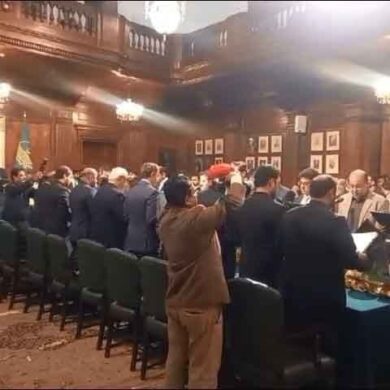In an interview this week, Facebook’s global safety head indicated that activists and journalists will henceforth be counted as “involuntary” public figures, so there will be an increase in protection against harassment and bullying directed at these organizations.
The social media firm, which permits public people to receive more critical feedback than private persons, is modifying its stance on harassment of journalists and “human rights defenders,” whom it claims are in the public eye because of their profession rather than their public personalities.
Global politicians and regulators are scrutinizing Facebook’s content moderation policies and the dangers associated with its platforms, with internal documents disclosed by a whistle-blower forming the basis for a US Senate hearing last week.
The treatment of public personalities and anything uploaded by or about them on Facebook, which has roughly 2.8 billion monthly active users, has been a source of heated dispute. The company’s “cross-check” technology has been in the spotlight in recent weeks, with the Wall Street Journal reporting that it had the effect of exempting some high-profile users from normal Facebook regulations.
In terms of the protections, Facebook distinguishes between public figures and private individuals: for example, users are generally allowed to call for the death of a celebrity in discussions on the platform if they do not tag or directly mention the celebrity. According to Facebook’s regulations, they cannot ask for the death of a private individual, or now a journalist.
Other involuntary public figures are evaluated on a case-by-case basis, according to the business, which refuses to provide a list. As George Floyd was declared an involuntary public person, Facebook announced earlier this year that it would ban posts celebrating, applauding, or mocking his death.
Antigone Davis, Facebook’s Global Head of Safety, said the company was extending the types of attacks it wouldn’t tolerate on prominent figures on its sites as part of an effort to limit attacks that disproportionately affect women, people of color, and LGBTQ people.
Facebook will no longer allow severe and unwanted sexualizing content, derogatory sexualized photoshopped images or drawings, or direct negative attacks on a person’s appearance, for example, in comments on a public figure’s profile.
Facebook will no longer allow extreme and undesired sexualizing content, derogatory sexualized altered images or drawings, or direct negative remarks on a person’s looks in comments on a prominent figure.



